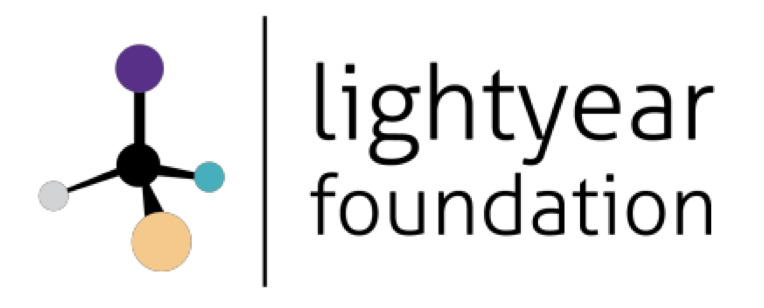role modeLS
Dr Hamied Haroon
Job Title: Research Associate in Magnetic Resonance Imaging
Disability: Charcot Marie Tooth Disease
I have been Disabled all my life, with physical impairments due to a genetic condition known as Charcot-Marie-Tooth syndrome, which sounds funny, but it has nothing to do with my teeth! It’s actually made the nerves in my arms and legs slowly die off since I was little so now I have floppy hands and wear metal callipers on my legs to help me stand up. I used to be able to walk more in my callipers when I was younger but now I use a powered wheelchair to get around, which is great fun! I also have Crohn’s disease which can make my tummy hurt and make me feel tired.
Why did you want to work in STEM?
My favourite TV programmes as a kid were Star Trek and Tomorrow’s World! You might not have heard of them, but they opened our imaginations, exploring where science and technology could take us in the future! Many of those exciting ideas are part of our everyday lives today! Cool, right? But there’s so much more to discover and invent!
What’s your favourite thing about your job or about working in STEM?
I am a physicist and I work in a field known as Medical Imaging. I get to work with stunning MRI images of the brain and the body – including the beating heart – to understand how we are structured and function, and how these change as we get older or with different conditions. I love working together with teams of doctors, scientists and engineers to look at the research questions we need to answer to help patients the most. I like teaching and training future scientists and doctors! I also love presenting my research work at international conferences – it’s a scary thing to do but it’s allowed me to travel to some amazing places around the world and feel part of the huge global scientific community!
What are your top tips for a young disabled person interested in STEM as a career?
Go for it! Don’t let anyone tell you no! Find out what options are available and what interests you most. Talk to people who work in the field you’re interested in, including people who share your disability if there are any, or else you be the first! Your passion, hard work and determination will drive you!
What advantages has your disability given you in the field?
Being a Disabled person, I know how important STEM is. It’s only through advances in science, engineering and technology that my genetic condition is understood, that I have callipers and a powered wheelchair, and that we have computers and the internet which allow me to work. Also, being a Disabled person makes me able to understand the point of view of the patients we do research with. After all, who knows what a bad day means better than a Disabled person!

